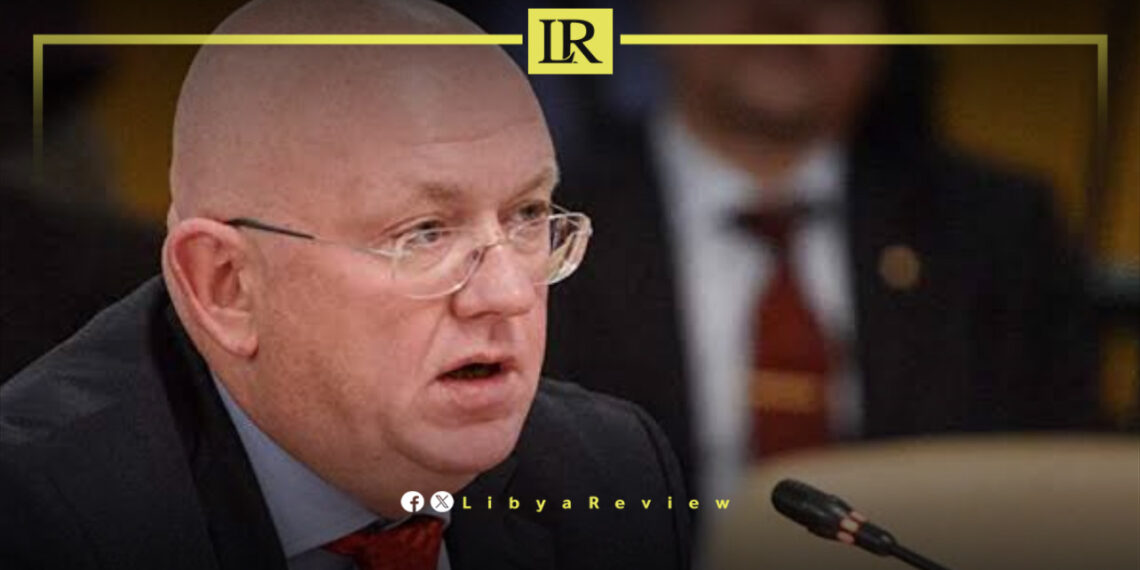Russia has raised concerns over the nomination of Ghanaian diplomat Hannah Serwaa Tetteh as the new UN envoy to Libya. Russian Ambassador to the United Nations, Vasily Nebenzya, described the selection process as “artificial” and criticized the lack of prior consultation with Security Council members. He highlighted what he described as a lack of transparency in the decision-making process.
Nebenzya called for postponing the appointment until a complete list of candidates is presented, along with justifications for their selection or exclusion. He emphasized the importance of securing Libya’s approval for any nominee, arguing that bypassing this step contradicts established practices.
Moscow has also urged the UN to improve clarity in selecting envoys to ensure broader consensus and strengthen trust in its decisions. The issue gains urgency as the mandate of the United Nations Support Mission in Libya (UNSMIL) is set to expire on January 31.
Libya has been in chaos since a NATO-backed uprising toppled longtime leader Muammar Gaddafi in 2011. The county has for years been split between rival administrations.
Libya’s economy, heavily reliant on oil, has suffered due to the ongoing conflict. The instability has led to fluctuations in oil production and prices, impacting the global oil market and Libya’s economy.
The conflict has led to a significant humanitarian crisis in Libya, with thousands of people killed, and many more displaced. Migrants and refugees using Libya as a transit point to Europe have also faced dire conditions.
The planned elections for December 2021 were delayed due to disagreements over election laws and the eligibility of certain candidates. This delay has raised concerns about the feasibility of a peaceful political transition.
Despite the ceasefire, security remains a significant concern with sporadic fighting and the presence of mercenaries and foreign fighters. The unification of the military and the removal of foreign forces are crucial challenges.


